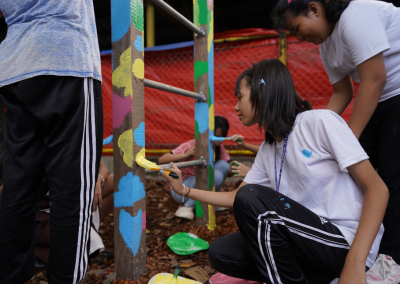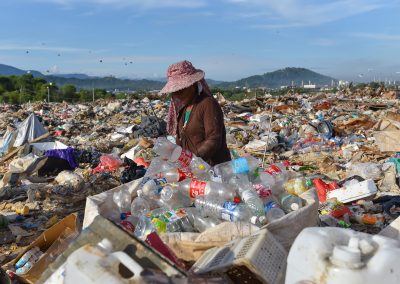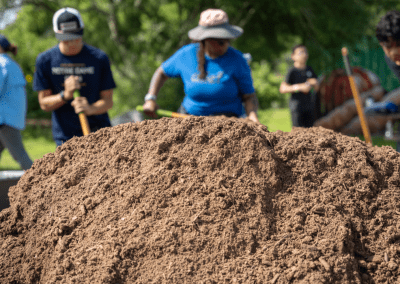Toronto
Toronto’s Resilience Journey
Despite recognition as a prosperous city of opportunity that has attracted over two million immigrants, Toronto tops Canada in levels of working poverty, and has seen the greatest increase in income inequality in the country. The city has begun taking substantial steps to increase affordable housing and to address income equality and transit equity. City government predicts that without further action, 60% of Toronto’s neighborhoods will be classified as low- or very low-income by 2025.
Toronto is also vulnerable to a number of climate-related shocks, including rainfall flooding, blizzards, and heatwaves. Severe flooding in 2013 was the costliest natural disaster in the city’s history, with 4,579 homes flooded and 750,000 people losing power. The city is concerned that a stronger storm could lead to power disruptions that would impact the entire city and region, but would disproportionately affect the city’s neediest.
View Strategy
News and Resources

Speaker Series 2025 #11 | Designing Together: The OASIS schoolyard model

Speaker Series 2025 #10 | Waste’s Invisible Workforce: From Informal to Inclusive

Speaker Series 2025 #09 | Scaling Resilient Communities: Tools for Action
Our Network
Which cities are a part of the Resilient Cities Network?

